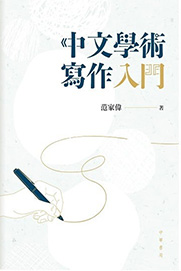check holdings in CityUHK LibraryFind
check resources on the same subject in CityUHK LibraryFind
 Named a best book of the year by The Guardian and The Telegraph
Named a best book of the year by The Guardian and The TelegraphWhy do some people become radicalized?
How do ideologies shape the human brain?
And how can we unchain our minds from toxic dogmas?
In The Ideological Brain, Leor Zmigrod reveals the deep connections between political beliefs and the biology of the brain. Drawing on her cutting-edge research, she exposes the complex interplay between cognition and environment that predisposes some individuals to inflexible ways of thinking. The human brain faces a set of dilemmas every day: how to achieve coherence from fragmented sensory inputs and how to attain connection with other people in an increasingly atomized and isolating world. Ideologies offer a shortcut, providing easy answers, scripts to follow, and a sense of shared identity. But ideologies also come at a cost: demanding conformity and suppressing individuality through rigid rules, repetitive rituals, and intolerance. Once ideologies grip our minds, they fundamentally transform the way we think, act, and interact with others, making us less sensitive and adaptable.
Guiding readers through her innovative experiments, Zmigrod uncovers the hidden mechanisms driving our beliefs and behaviors and argues that our politics are not superficial but rather woven into the fabric of our minds. Her results show that ideologues across the political spectrum struggle to change their thought patterns when faced with new information. While some individuals are more susceptible to dogmatic thinking than others, all of us can strive to be more flexible, and Zmigrod ultimately explains how we can keep our minds open in the face of extreme ideologies. Eye-opening, provocative, and unforgettable, The Ideological Brain is a groundbreaking book that challenges us to resist black-and-white thinking and reassess our closest convictions.
(Excerpt from amazon.com)










